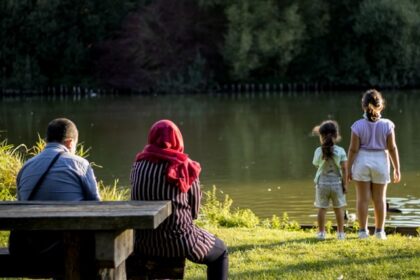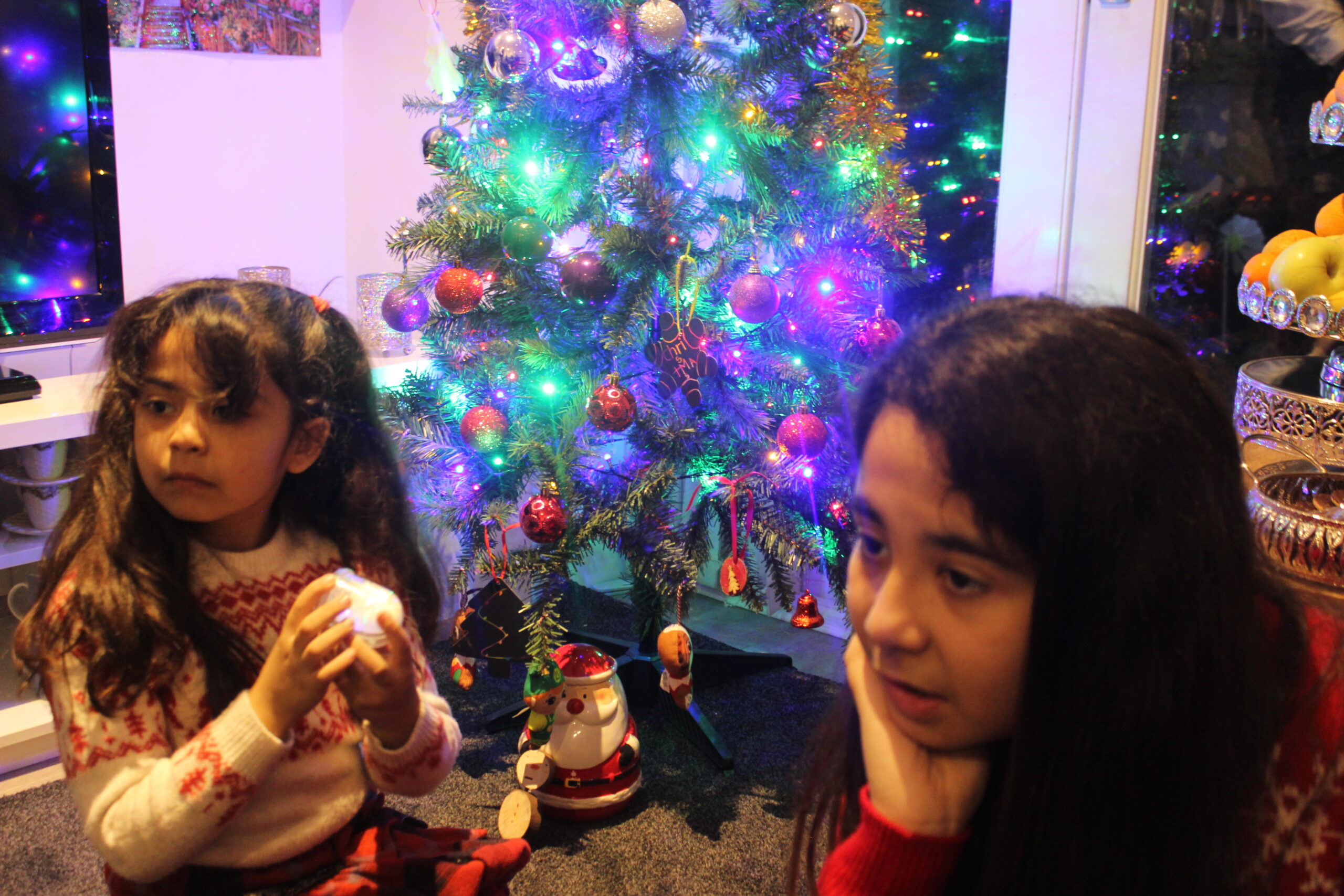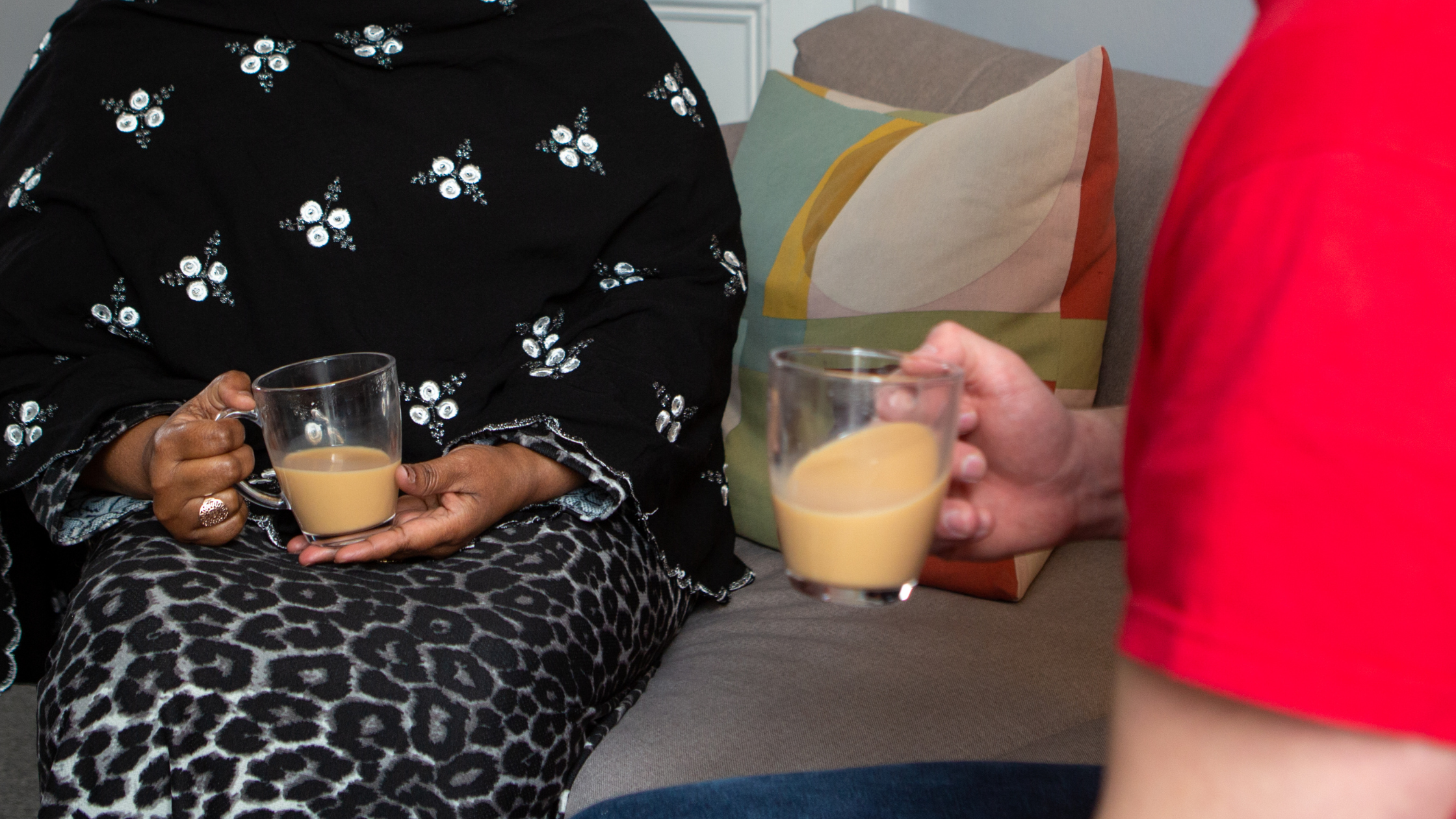Explore the importance of managing volunteer expectations Volunteers come to sponsorship from many different backgrounds and belief systems. They may have very specific and personal expectations of ho...
Are you the Education Lead in your Community Sponsorship group? Are you wondering how to start fostering a relationship with a school? This resource is a great place to start! Reset has collaborated w...
How to be supportive and inclusive of refugees with disabilities in your community. This resource has been produced for Reset to support and inform Community Sponsorship groups working wit...
Read an inspirational story about a Community Sponsorship group’s journey of welcome. Born out of a work shed in the winter of 2020, a group shares their journey of welcoming a family, with the ...
Safeguarding is everyone’s responsibility. As a community sponsorship volunteer you must be alert to safeguarding concerns so that you are able to recognise, respond and report in a timely...
The Importance & impact of Community Sponsorship As part of our Experts by Experience platform, we interviewed Ghazala and her family who were resettled to the UK through Community Sponsorshi...
As part of our Experts by Experience platform, we interviewed Ghazala and her family who were resettled to the UK through Community Sponsorship. Watch the below video to hear them talk about thei...
We worked with Dr Andia Papadopoulou, a Clinical Psychologist, to provide information about refugee women and postnatal mental health We know that 12-20% of women will experience mental health difficu...
Refugee Children with Special Educational Needs (SEN) Reset asked Dr Andia Papadopoulou, a Clinical Psychologist, to put together the below resources in order to provide some information about Special...
Reset worked with Dr Andia Papadopoulou, a Clinical Psychologist, to put together these resources in order to provide some information about supporting your well-being in the Community Sponsorship con...
Read about Kadar’s experience studying for his driving test and how having a car has impacted his family’s life. Having a car can be integral to a family’s independence, especially in areas wher...
A video developed by IOM about the value of seeking mental health / wellbeing support....
Resources to help you understand mental health problems in children and young people and available support options. The children within the family that you will sponsor may have experienced distressin...
Resources to help you understand mental health problems and available support options. Expectations of Community Sponsorship groups and the refugees arriving in the UK under the Community Sponsorship ...
Read our interview with Zahir and Lena, as they share with us their experience of resettlement in a friendly rural market town. Having now lived in the UK for over two years, Zahir and Lena sat down t...
Read our interview with Nour, as he shares his experience of coming to the UK at the age of 16 and learning to navigate the UK school system. We sat down to speak with Nour, a student who was resettle...
We are on the lookout for individuals who have been welcomed through Community Sponsorship or Neighbours for Newcomers to help build our Experts by Experience platform. We know that the true experts i...
Read our interview with Rawasia – an amazing teenager who shares with us how she found family in a Community Sponsorship group. Navigating resettlement as a teenager can be full of extremely difficu...
Read our interview with Rana, who speaks candidly about the hardship of leaving Syria, and navigating this journey as a single parent with her two daughters. Making the journey firstly from your home ...
As you welcome and support families into your communities, one of the key areas of focus will be the English for Speakers of Other Languages (ESOL) classes. Adult members of the family are required to...
Learn how a Community Sponsored refugee was able to pass his driving tests after less than one year in the UK Abdullah arrived in the UK as a Syrian refugee in 2017 with only a few words of English an...


















